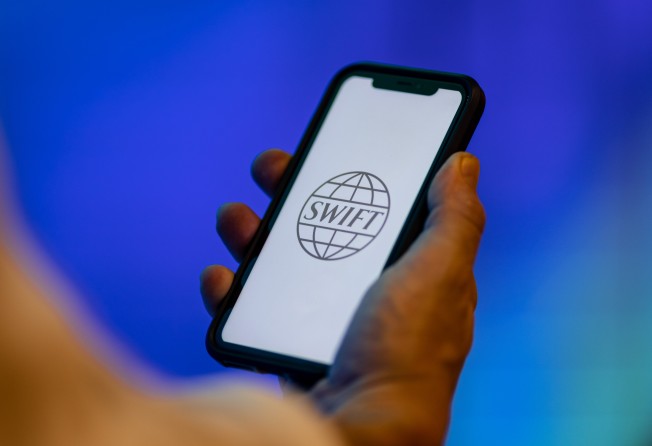Company behind China’s state-backed blockchain project aims to create Swift for stablecoins and CBDCs
- The Universal Digital Payments Network facilitates cross-border payments between stablecoins with plans for central bank digital currencies
- Red Date Technology, which develops the Blockchain Service Network, announced the launch of the network at the World Economic Forum in Davos

Hong Kong-based Red Date Technology, the technical architect for China’s state-backed Blockchain-based Service Network (BSN), is collaborating on a new initiative that aims to make stablecoins and central bank digital currencies (CBDCs) interoperable in order to facilitate cross-border payments.
Red Date and partners GFT, an IT solutions provider, and Toko, a digital asset creation platform, announced the launch of the Universal Digital Payments Network (UDPN) on Thursday at the World Economic Forum in Davos. The goal is to let enterprises from different countries “transact and settle in different regulated digital currencies”, according to a UDPN white paper.
Print option is available for subscribers only.
SUBSCRIBE NOW